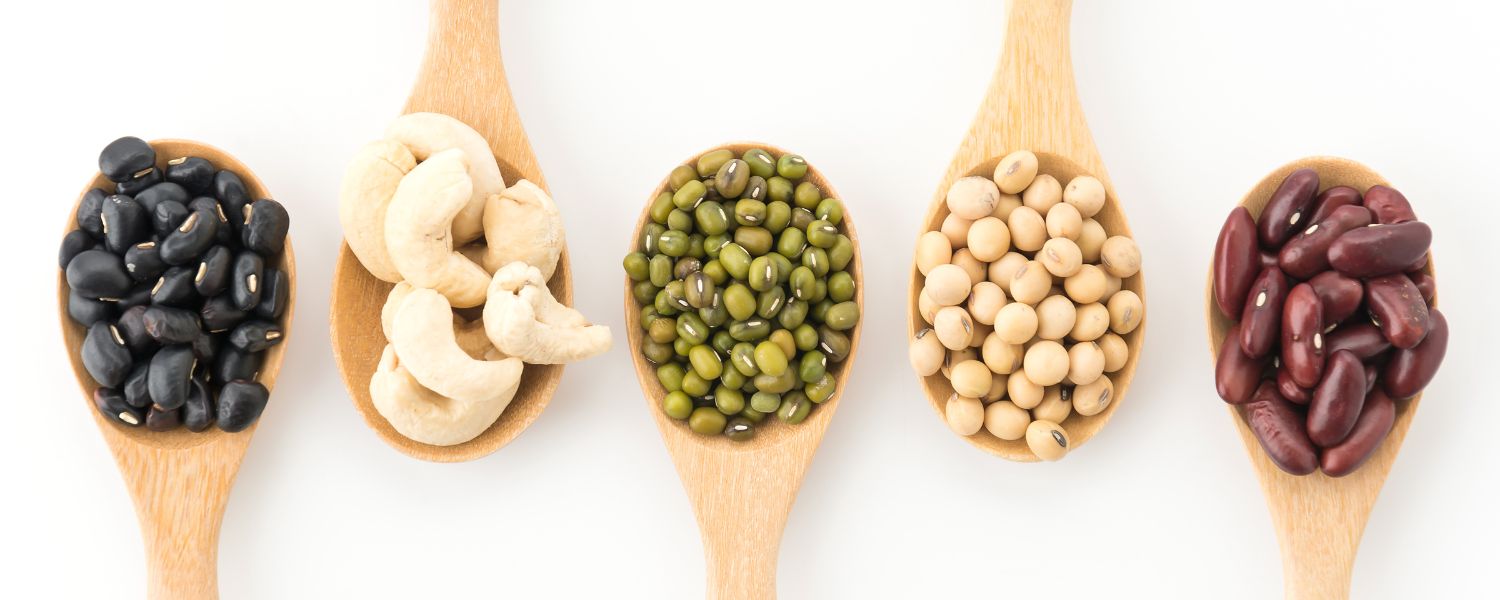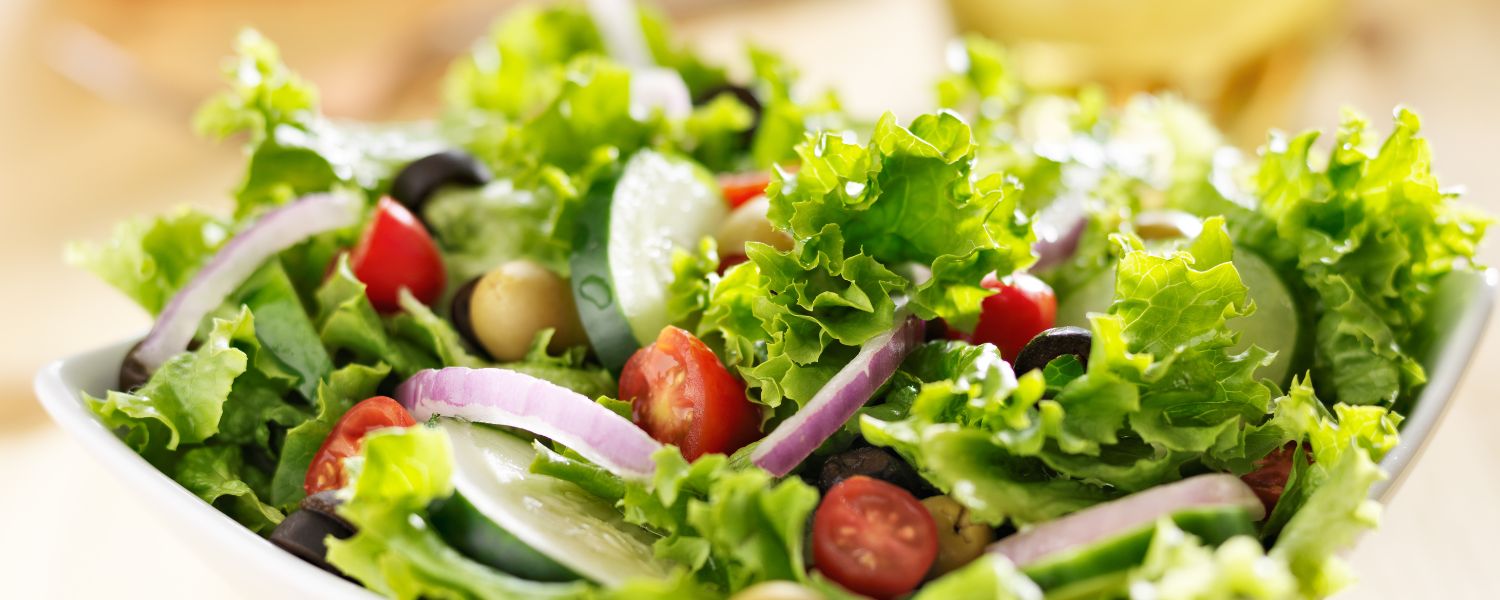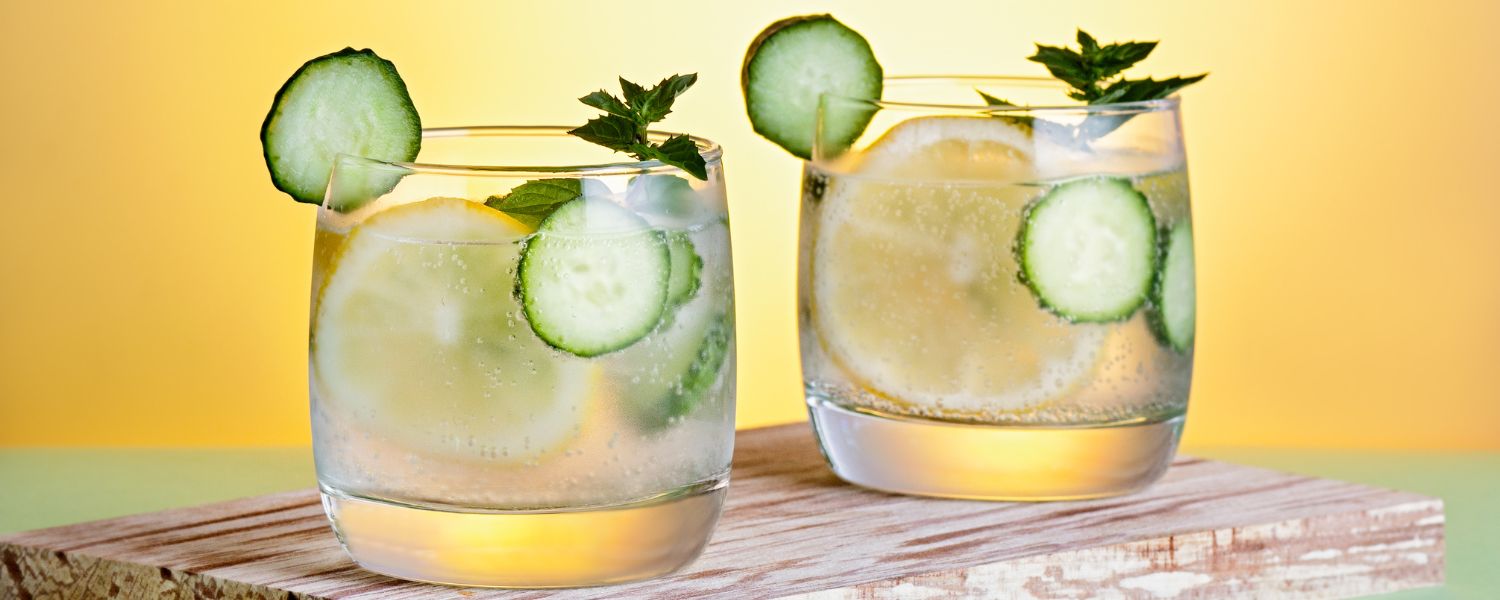There’s no doubt that the global food industry is one of the most wasteful and environmentally damaging ones on the planet, but we can’t just give up on eating, or can we?
As you may have already known, sustainable eating has been around for a long time, and you may be able to adopt this eco-friendly habit with only some minor changes to your regular diet.
While the changes are definitely small, no one said they’d be easy to implement, and it’s been a long-standing challenge for the toughest of the nature-loving bunch.
Of course, veganism is definitely one way to approach this, but in and of itself, veganism is a movement that many can’t align with, mainly due to a meat diet being so ingrained in their everyday life.
This article will go over some meats and vegetables that you can incorporate into your meals while also saving our beautiful planet.
Beans

You might be surprised to find beans on this list, particularly due to how bloaty they can make you, but it’s a different kind of eco-friendly we’re talking about here.
Namely, beans are one of the most widely produced and also most available sources of nutrition, and most importantly, the fact that they come in so many varieties means you can always find a way to incorporate them into your meals.
The main thing you’ll want to know about beans is that they’re legumes and that their low water intake paired with high yield is what makes them so easy to produce sustainably.
On top of this, they’re incredibly healthy and an amazing source of Vitamin B12, which is usually acquired through eating red meat.
Most commonly, you’ll run into pinto, kidney, and fava beans, although soybeans are equally as tasty and nutritious while also having many uses.
Leafy foods

You may already know this, but leafy greens are held to be the golden standard for healthy eating, and this includes everything from spinach to kale.
In fact, this food group is so diverse that you can easily say that anything green and leafy is probably going to be good for your health.
However, that’s not what we’re here to talk about, as our focus should be on the sustainability of production.
Thankfully, leafy greens shine in this department as well, and they can be produced in large quantities with ease, as they don’t require you to waste too many resources.
Apart from this, you can use them in many ways and possibly even replace other foods in your daily diet, as they can be used for salads, smoothies, crisps, wraps and so much more!
Lab-grown meat

While it may throw off some of you, lab-grown meat has finally been put to the test, and the US FDA approved it for sale after hundreds of thorough tests.
Of course, we’re still waiting on the USDA to give clearance for the product, but as far as sustainable meat production goes, artificial meat is the pinnacle of scientific breakthrough.
Due to how fast this process has been going, many are arguing that we could have easy access to lab-grown meat within a year, which would hopefully decrease the consumption and production of conventionally produced chicken.
It’s created by extracting cells from an animal, after which they’re grown in what’s akin to an oversized petri dish.
Not only does this reduce the carbon footprint of the meat production industry, but it also reduces the amount of suffering countless animals go through to satisfy the demand of the global market.
Pick up on the mocktail trend

Alcohol has fallen out of favor in recent times, and even among those that do still consume it, it’s usually in smaller quantities.
In fact, a report by Gallup found that only 60% of Americans stated that they drink occasionally, which is 5% lower than the same report 2 years back.
On top of this, the average American only drinks about 3.6 drinks a week, which is the lowest it’s been since 2001.
However, this doesn’t mean Americans aren’t in a festive mood, and it’s quite the opposite actually, as the consumption of non-alcoholic cocktails has gone through the roof.
Aside from being much healthier than their alcoholic counterparts, these “mocktails” are much more sustainably produced and don’t call for the waste of resources that would usually go into making an alcoholic beverage.
Final word
You can continue your search for sustainable foods on the world wide web, and you’ll surely find even more options that may or may not fit your lifestyle.
Regardless of whether you choose to stay on the same diet or make some changes for a bigger cause, know that there’s always a way to do better.
Options are available to you at every step, and if you ever choose to give back to nature, there are more than enough ways for you to do so.
